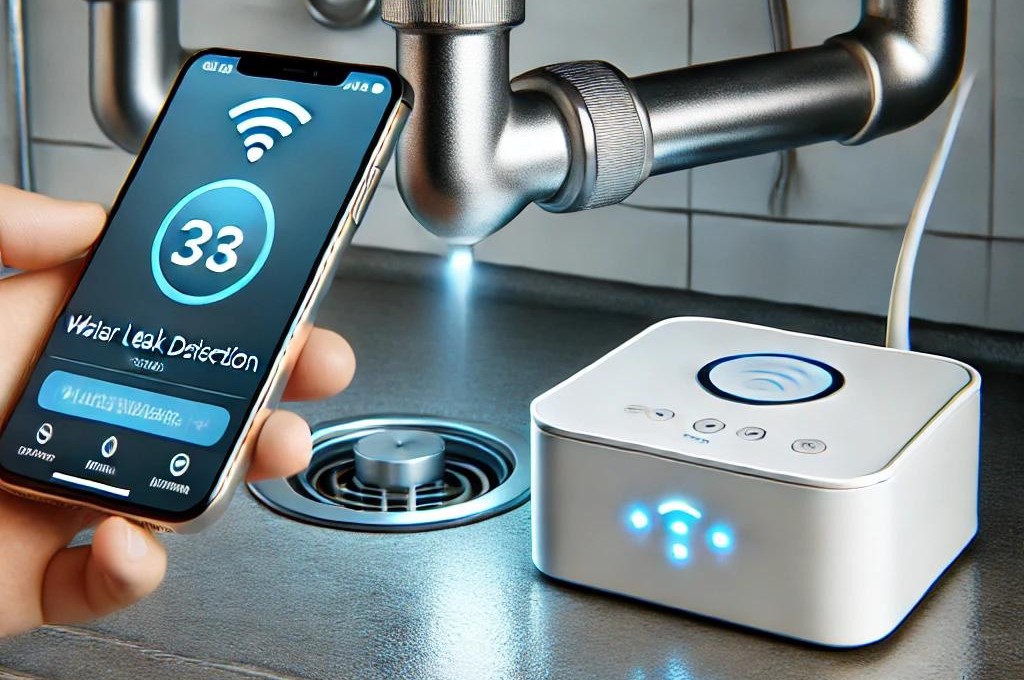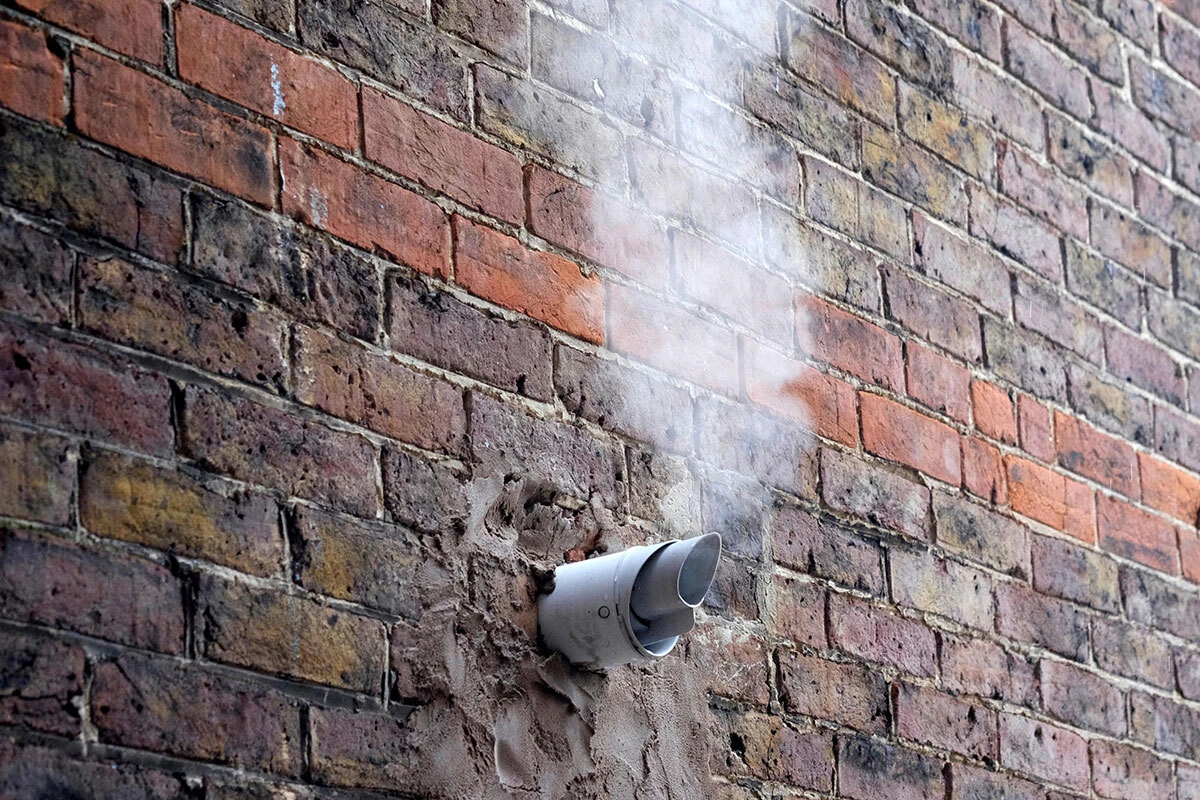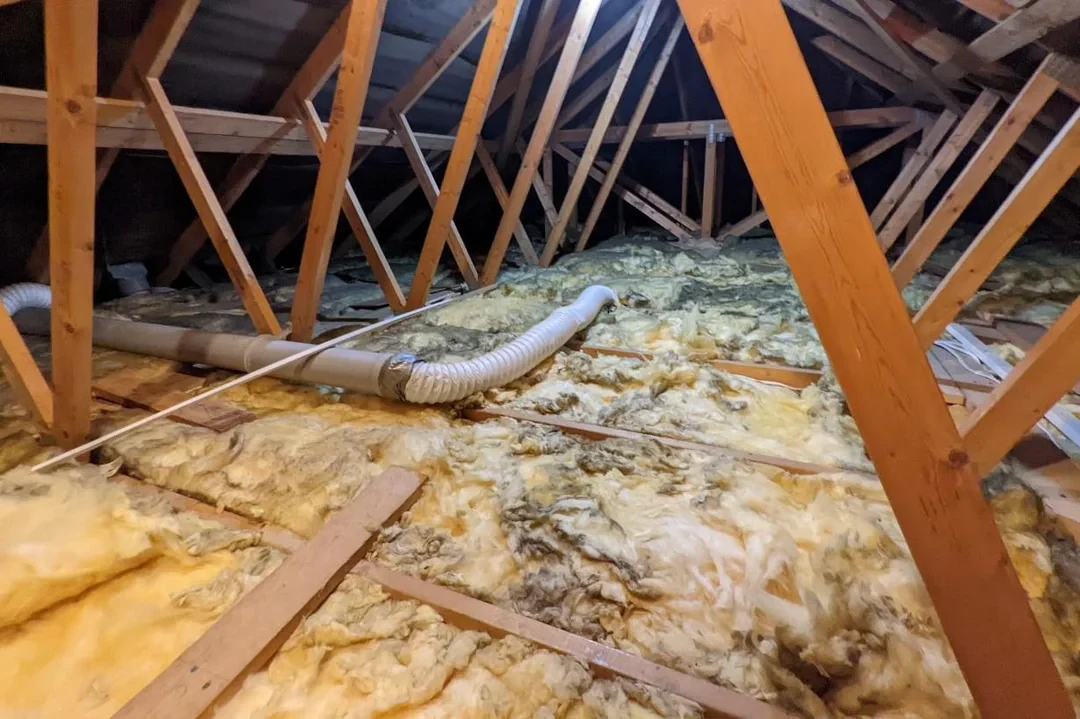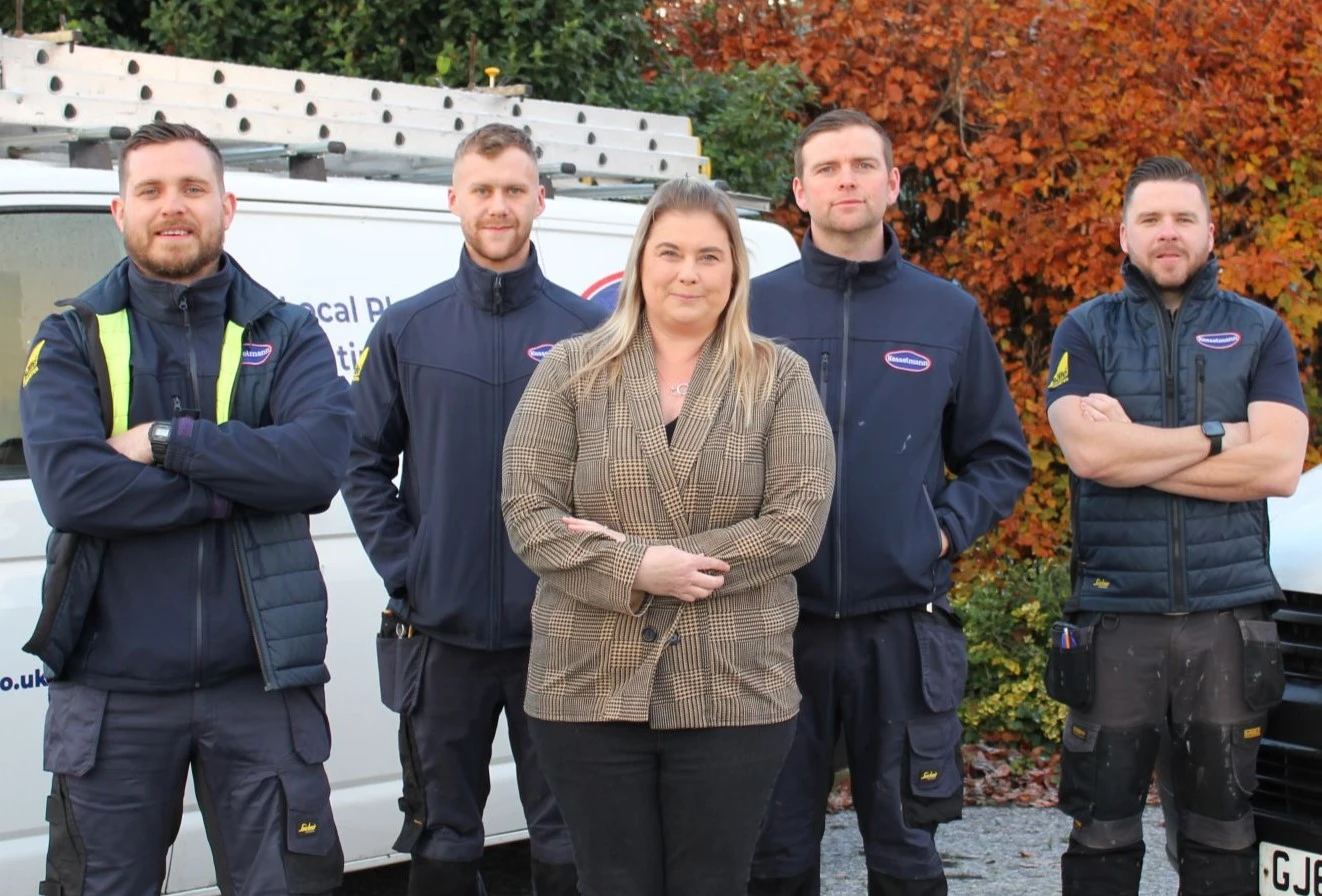30/12/2024
The plumbing industry, a cornerstone of modern infrastructure, is experiencing a transformative shift with the integration of automation and artificial intelligence (AI). While these advancements are enhancing efficiency, accuracy, and customer satisfaction, they are also raising important questions about the future role of human plumbers. Will plumbing as we know it become fully automated, or will there always be a place for skilled professionals? In this article, we’ll delve into the current state of automation in plumbing, future possibilities, and the indispensable human element in this trade.
Current Automation in Plumbing
Automation has already made significant inroads into plumbing. Technologies such as sensor-operated fixtures are becoming increasingly common in both residential and commercial settings. These devices, including automatic flush toilets and touchless faucets, improve hygiene and conserve water by operating only when needed. Not only do they enhance convenience, but they also align with growing demands for water conservation and sustainability.
Smart leak detection systems are another innovation revolutionising the industry. By using sensors to monitor water flow and pressure, these systems can identify leaks in real-time. Homeowners and landlords are alerted to potential issues before they escalate into costly damage. This proactive approach is particularly appealing to property owners seeking to minimise water waste and reduce their environmental footprint.
CCTV drain cameras represent another leap forward in automation. These waterproof, high-definition cameras allow plumbers to inspect the interior of pipes without invasive procedures. By providing a clear view of blockages, damage, or wear, these tools enable accurate diagnosis and targeted repairs, reducing labour time and costs for both service providers and customers.
Robotics in Plumbing Repairs
Robotics is an emerging field within the plumbing industry, offering exciting possibilities for repair work. Advanced robots, guided by AI, are being developed to navigate plumbing systems, identify issues, and perform repairs with precision. For example, robots can efficiently clear blockages or seal small leaks in pipes, reducing the need for extensive manual labour.
However, the complexity and variability of plumbing environments present significant challenges. Pipes come in a wide range of materials, sizes, and configurations, making it difficult to create a one-size-fits-all robotic solution. Current technology, while promising, is still far from replicating the nuanced skills of a human plumber. It may take decades before robotics can fully address these challenges.
The Human Element: Skills Beyond Automation
Despite these technological advancements, the role of human plumbers remains indispensable. Plumbing involves intricate physical dexterity, such as navigating cramped spaces, diagnosing obscure issues, and manipulating pipes and fixtures. These tasks require a level of adaptability and problem-solving that even the most advanced robots cannot replicate.
Plumbing also demands a deep understanding of local regulations and building codes, which vary from one region to another. Human plumbers bring this essential knowledge to their work, ensuring that installations and repairs comply with legal standards. Additionally, they provide personalised advice and recommendations tailored to the unique needs of each property, a service that automation cannot match.
Even as technology evolves, there will always be situations that require the hands-on expertise of a skilled professional. For instance, emergency repairs often involve unforeseen complications that demand quick thinking and creativity. A human plumber’s ability to adapt to unexpected challenges is a critical advantage over automated systems.
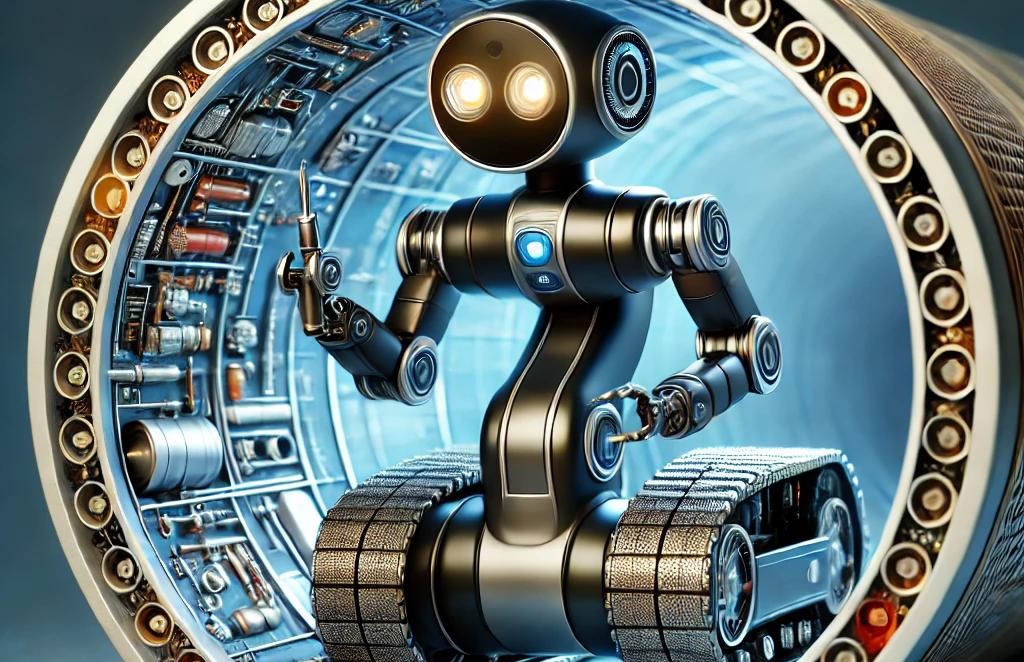
Job Security in the Age of Automation
Concerns about job displacement due to automation are prevalent across various industries, but plumbing is considered relatively safe from such threats. A user poll suggests only a 22% chance of full automation within the next two decades, indicating a low likelihood that plumbers will be replaced by robots. This is largely due to the complex, hands-on nature of the work, which is difficult to replicate with machines.
In the short term, AI and automation are expected to impact white-collar jobs and knowledge-based professions more significantly than trades like plumbing. The physical and variable nature of plumbing work, combined with the need for human judgment and problem-solving, makes it less vulnerable to automation.
Moreover, the plumbing profession offers a sense of purpose and fulfilment that is increasingly elusive in other fields. As AI-generated content becomes more prevalent, hands-on trades provide an opportunity to apply one’s talents to tangible work that directly improves people’s daily lives. For many plumbers, the satisfaction of resolving a challenging issue or restoring essential services is irreplaceable.
The Future of Plumbing: Collaboration Between Humans and Technology
Rather than replacing plumbers, automation and AI are likely to serve as tools that enhance their capabilities. By streamlining routine tasks and providing advanced diagnostic tools, technology can free up plumbers to focus on more complex and rewarding aspects of their work. This collaboration between humans and technology promises to make plumbing services more efficient, reliable, and responsive to customer needs.
For example, smart plumbing systems equipped with IoT (Internet of Things) technology can provide real-time data on water usage, pressure, and temperature. Plumbers can use this information to optimise system performance and identify potential issues before they escalate. Similarly, AI-driven software can assist with planning and design, ensuring that new installations are both functional and energy-efficient.
Another area of potential growth is 3D printing, which could revolutionise the production of plumbing components. Customised parts could be manufactured on-site, reducing lead times and costs. This innovation would allow plumbers to deliver faster and more efficient solutions to their customers.
Challenges and Ethical Considerations
As with any technological advancement, the rise of automation in plumbing comes with its own set of challenges and ethical considerations. One concern is the potential for job displacement, particularly among entry-level workers. While the demand for skilled plumbers is unlikely to disappear, some routine tasks may be automated, reducing the need for apprentices and assistants.
Another issue is data security. Smart plumbing systems collect vast amounts of information about water usage and system performance. Ensuring that this data is stored and processed securely is essential to protect the privacy of homeowners and landlords.
Finally, the cost of implementing advanced technologies could be a barrier for some businesses and customers. While automation offers long-term benefits, the initial investment in smart systems, robotics, and AI tools may be prohibitive for smaller plumbing companies or budget-conscious property owners.
Adapting to the Future
To thrive in an increasingly automated industry, plumbers will need to embrace lifelong learning and adapt to new technologies. Training programmes should incorporate modules on smart systems, AI tools, and robotics, ensuring that professionals are equipped with the skills needed to work alongside these innovations.
For plumbing businesses, staying ahead of the curve will require investment in advanced tools and a commitment to continuous improvement. By adopting a forward-thinking approach, companies can differentiate themselves in a competitive market and deliver superior service to their customers.
Homeowners and landlords also stand to benefit from this evolution. Automated systems can reduce water waste, lower utility bills, and enhance the overall reliability of plumbing infrastructure. By partnering with forward-thinking professionals, property owners can enjoy the advantages of modern technology while maintaining the personalised service they value.
Conclusion
The plumbing industry is on the cusp of a technological revolution, with automation and AI transforming various aspects of the trade. From smart fixtures and leak detection systems to predictive maintenance and robotics, these innovations are enhancing efficiency and improving outcomes for customers.
However, the unique skills and adaptability of human plumbers ensure that they will remain integral to the industry. By combining technological advancements with human expertise, the future of plumbing promises to be more efficient, reliable, and customer-focused than ever before.
For homeowners and landlords, this evolution offers exciting opportunities to enhance their properties while benefiting from the experience and insight of skilled professionals. By embracing the potential of automation and maintaining a commitment to quality service, the plumbing industry is well-positioned to meet the challenges and opportunities of the future.
Need Help with New Plumbing Technology?
If you’re exploring smart systems or other advancements in plumbing, our team at Kesselmann is here to help. We offer reliable plumbing services in Hull , East Yorkshire & North Lincolnshire, and can assist with integrating new technology into your property. Get in touch today to learn how we can enhance your plumbing systems for the future!
